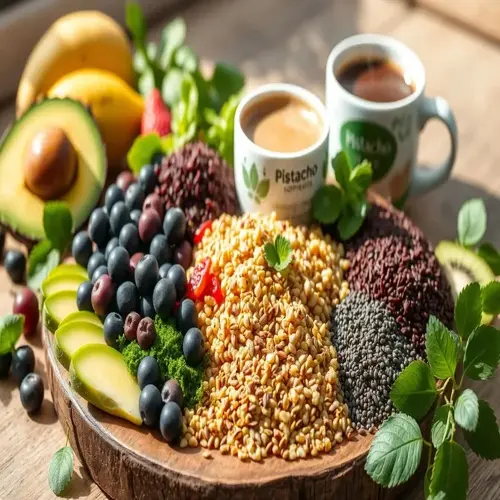What nutrients are essential for collagen formation?

Written by
Natalie Hamilton
Reviewed by
Prof. Benjamin Murphy, Ph.D.Collagen formation depends on four groups of nutrients working in exact harmony. Proline and glycine form the main "frames" of collagen. At the same time, vitamin C facilitates the conversion of these two nutrients into collagen. Copper and zinc activate the enzymes that construct the collagen strands. The cross-linking agents of sulfur build the links in the framework that give it strength. This nutritional teamwork in the body builds resistant tissues.
Glycine and proline make up more than 50% of the amino acid composition of collagen. These fundamental building blocks come directly from bone broth and eggs. Hydroxylation occurs with the addition of Vitamin C and causes proline to be converted into hydroxyproline. If vitamin C is in sufficient amounts, this vital converter breaks down, causing totally blocked collagen production.
Optimizing Absorption
- Pair vitamin C foods with zinc sources
- Combine animal and plant proteins
- Consume sulfur foods with copper-rich nuts
Daily Intake Plan
- Morning: Berry smoothie with pumpkin seeds
- Lunch: Bell pepper salad with chickpeas
- Dinner: Garlic-roasted salmon with broccoli
Bioavailability Boosters
- Ferment garlic before use
- Soak seeds overnight
- Lightly steam cruciferous vegetables
Zinc and copper are essential cofactors for enzymes. Zinc activates collagen-producing enzymes, while copper acts on lysyl oxidase that cross-links collagen fibers. Sulfur from garlic produces disulfide bonds, which reinforce the entire matrix. Correcting zinc-copper ratios through dietary means has helped many clients with joint problems.
A client with weak nails followed this nutrient-focused plan. She drank bone broth in the morning and berry smoothies with seeds and roasted vegetables (with garlic) daily. Her nails had become significantly stronger in just eight weeks. Targeted nutrition leads to measurable collagen benefits that occur with the full interaction of all the combinations used.
Read the full article: 10 Collagen Boosting Foods for Healthier Skin

